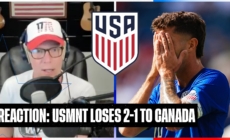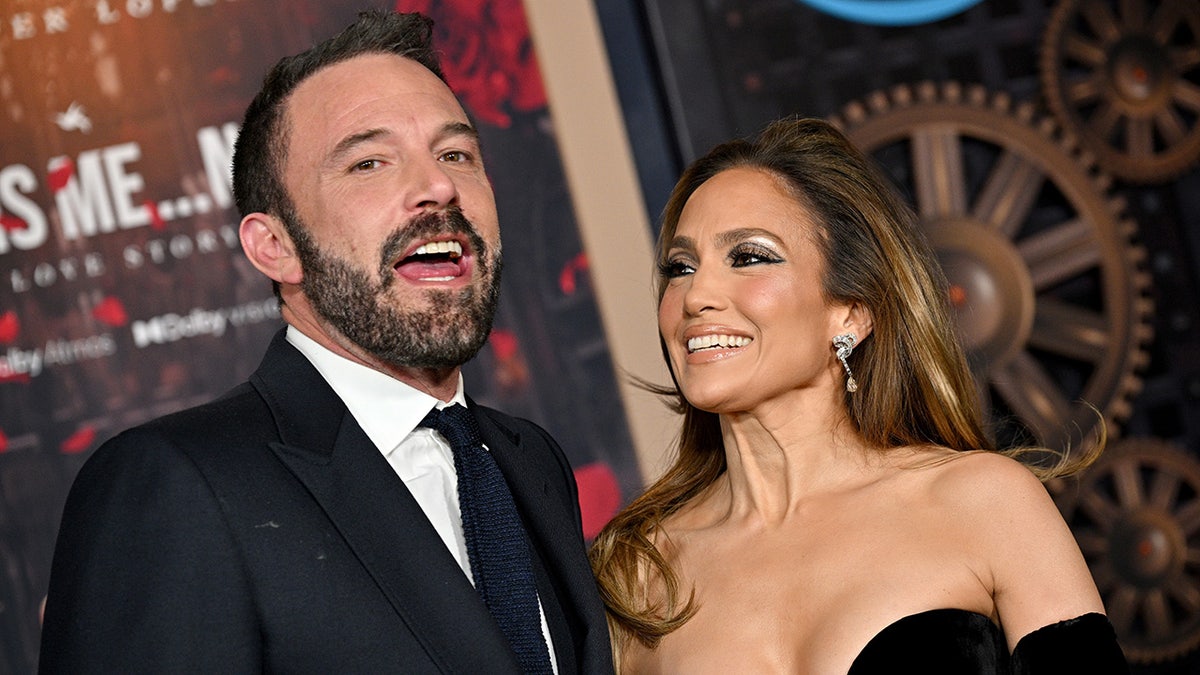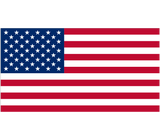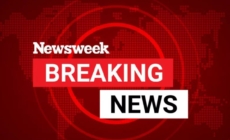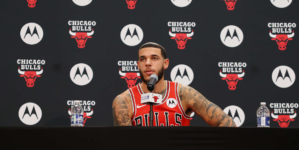-
Initial reactions to USMNT’s disappointing loss to Canada | SOTU - 17 mins ago
-
Bet365 Bonus Code WEEK365: Choose $200 Bonus or $1K Safety Net for NFL - 30 mins ago
-
Northern Illinois stuns No. 5 Notre Dame 16-14 with field goal in final minute - about 1 hour ago
-
FanDuel Promo Code: New NFL Bettors Get $200 Bonus, Sunday Ticket Deal - about 1 hour ago
-
Jennifer Lopez, Matt Damon clasp hands during ‘long, deep conversation’ at ‘Unstoppable’ afterparty: report - about 1 hour ago
-
Jesse Marsch: ‘Rather coach Canada than U.S. right now’ - 2 hours ago
-
Active Shooter on I-75 in Kentucky, Numerous Victims Reported - 2 hours ago
-
With Bulls’ Lonzo Ball Hoping For 2024-25 Comeback, Nikola Vucevic Weighs In - 2 hours ago
-
Michigan State vs. Maryland Highlights | FOX College Football - 3 hours ago
-
National Gallery of Art set to open “Paris 1874: The Impressionist Movement” - 3 hours ago
Former FEC Chairman Defends Donald Trump: Alvin Bragg Is ‘Wrong’
Bradley Smith, the former Federal Election Commission (FEC) chairman who agreed to provide expert testimony in Donald Trump’s hush money trial, has criticized Manhattan District Attorney Alvin Bragg’s legal theory behind his case.
In a statement, Smith told Newsweek that he decided to become an expert witness in the case because he believes “the legal theory on which the prosecution rests regarding possible [Federal Election Campaign Act] violations is wrong and this is an issue I care deeply about.”
Trump has been on trial in New York City on 34 counts of falsifying business records related to a hush money payment made to adult film actress Stormy Daniels shortly before the 2016 presidential election. Bragg’s case has charged that the payment was meant to prevent her from going public with her allegation that she had a sexual encounter with Trump and hurting his election chances.
Trump, the presumptive Republican presidential nominee, has denied having an affair with Daniels and pleaded not guilty to all criminal charges. He also accuses Bragg and other prosecutors of targeting him for political purposes, criticizing the trial as a form of election interference.
Trump’s lawyers had planned to call Smith, who served as FEC chairman from 2000 to 2005, as an expert witness on campaign finance law in the trial.
Michael M. Santiago/Getty Images
However, on Monday Judge Juan Merchan ruled that Smith’s testimony would fall “under the umbrella of legal opinion” and would require him to allow the DA’s office to bring its own expert to testify about the same legal principles, according to Newsweek reporter Katherine Fung, who has been covering the trial from the courtroom.
The judge decided that Trump’s attorneys could still call Smith as a witness but that he would be able to testify only about the “general definitions and terms” in campaign finance law.
Smith told Newsweek he has turned down the “vast majority” of expert requests throughout his career, only agreeing to six engagements in 30 years.
He expressed disappointment in Merchan’s ruling, noting that his testimony would have focused on FEC procedures and past actions, rather than the ultimate issue of the trial.
“I am very disappointed that Judge Merchan barred this testimony while allowing Michael Cohen (not an expert) to describe the law—including a conclusion on the ultimate issue of Trump’s guilt—for ‘context.’ He also allowed the prosecutors to do the same in opening,” he said.
Newsweek reached out to Bragg’s office for comment via email.
In a post to X (formerly Twitter), Smith wrote that Bragg’s theory “hinges on the claim that Trump tried to influence an election through ‘unlawful means.’
“To do that, he’ll have to show that Trump violated the Federal Election Campaign Act. But since neither the FEC nor DOJ sued Trump, he’s got to show it on his own evidence,” Smith wrote.
“If that’s the case, isn’t it entirely relevant (not dispositive, but relevant) to the jury’s fact-finding on that question that neither DOJ nor FEC chose to prosecute? But Judge Merchan won’t allow that in,” he said.
Uncommon Knowledge
Newsweek is committed to challenging conventional wisdom and finding connections in the search for common ground.
Newsweek is committed to challenging conventional wisdom and finding connections in the search for common ground.
Source link
